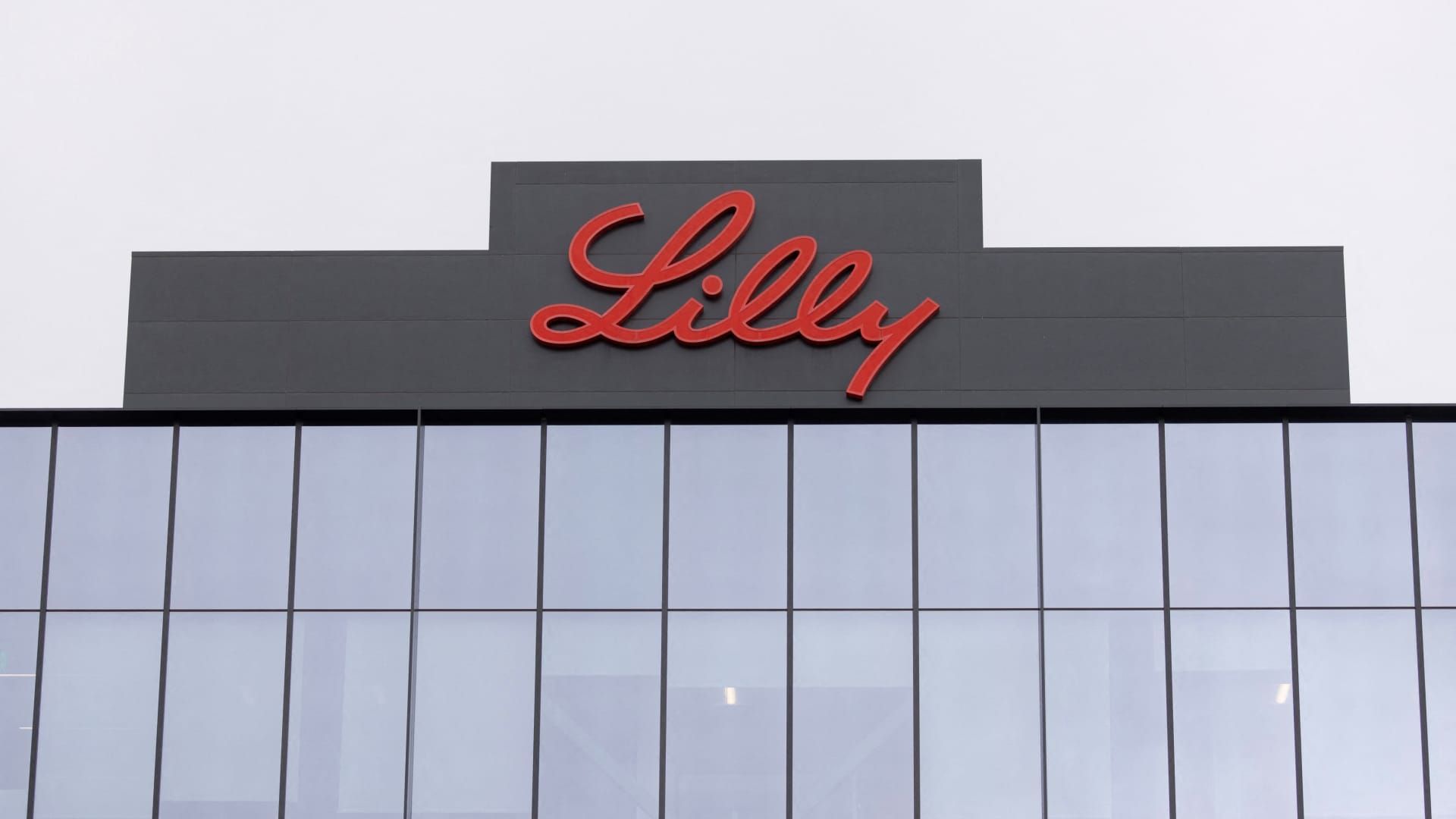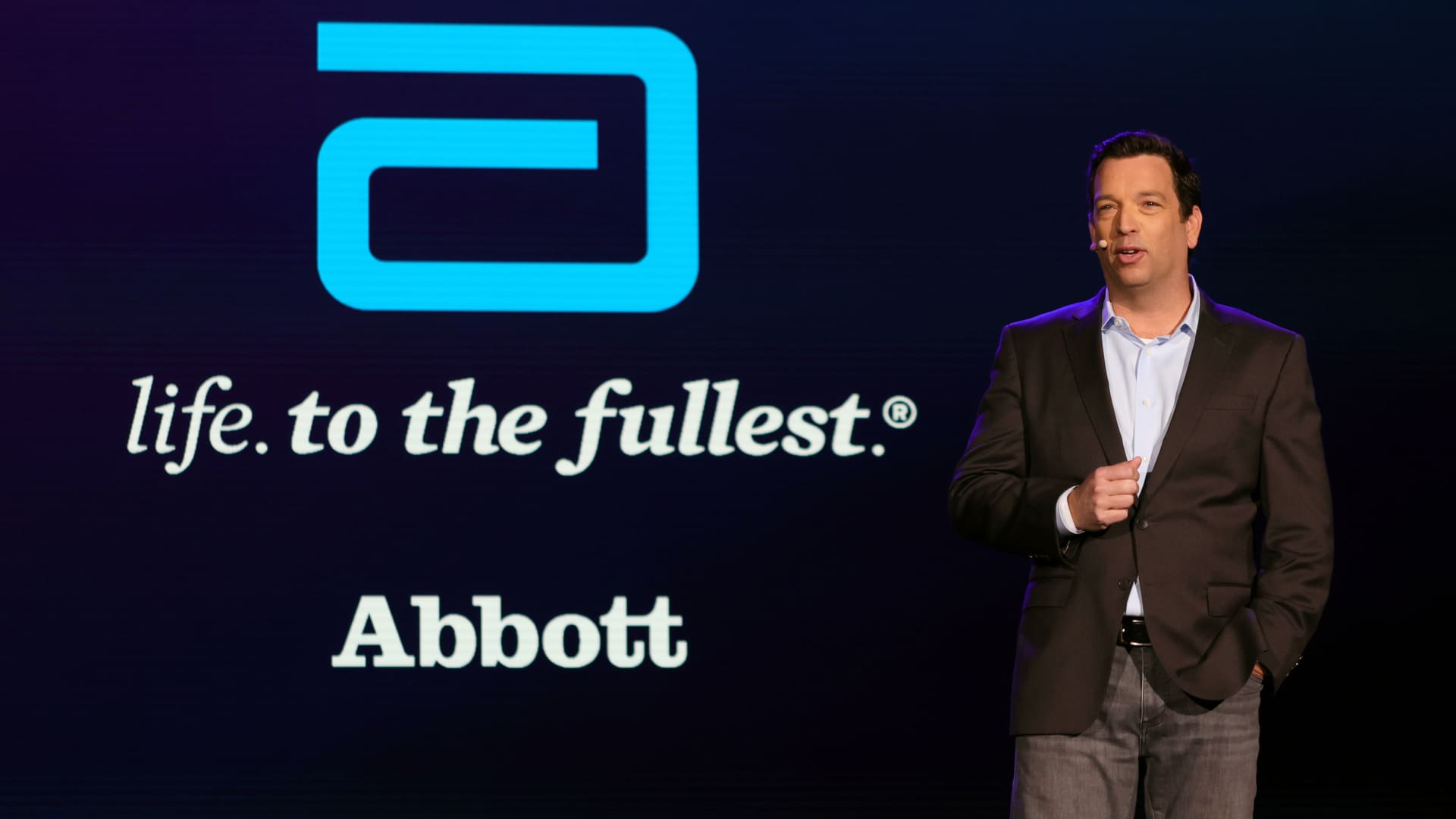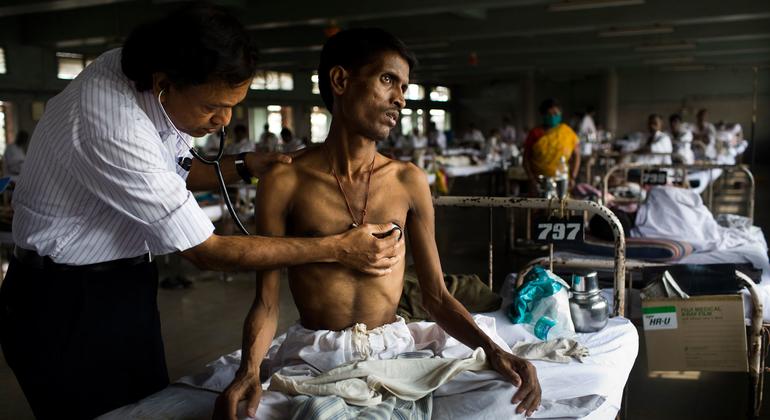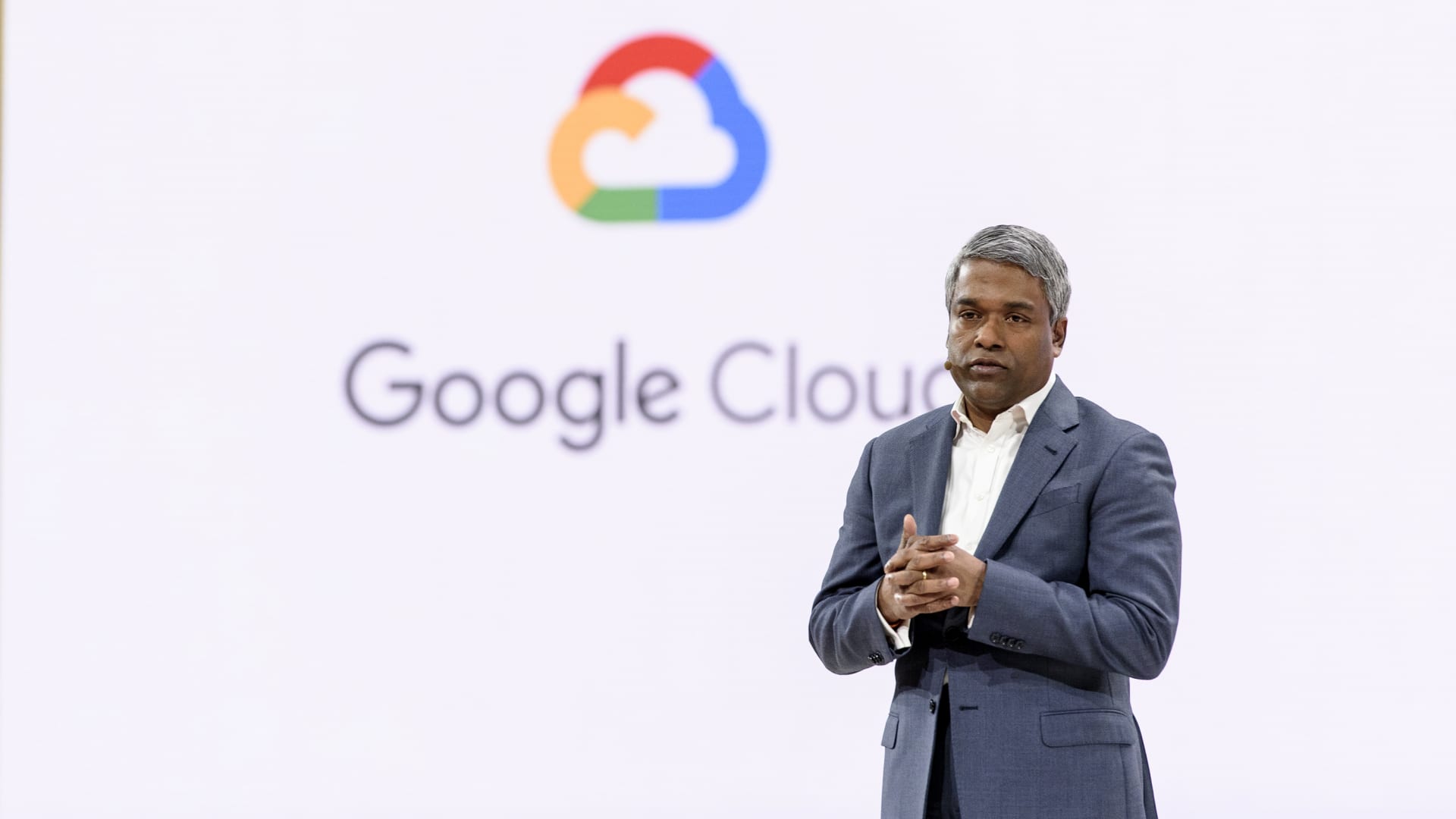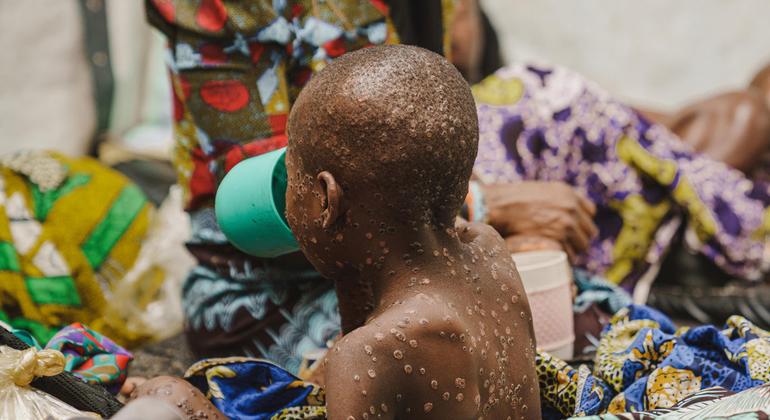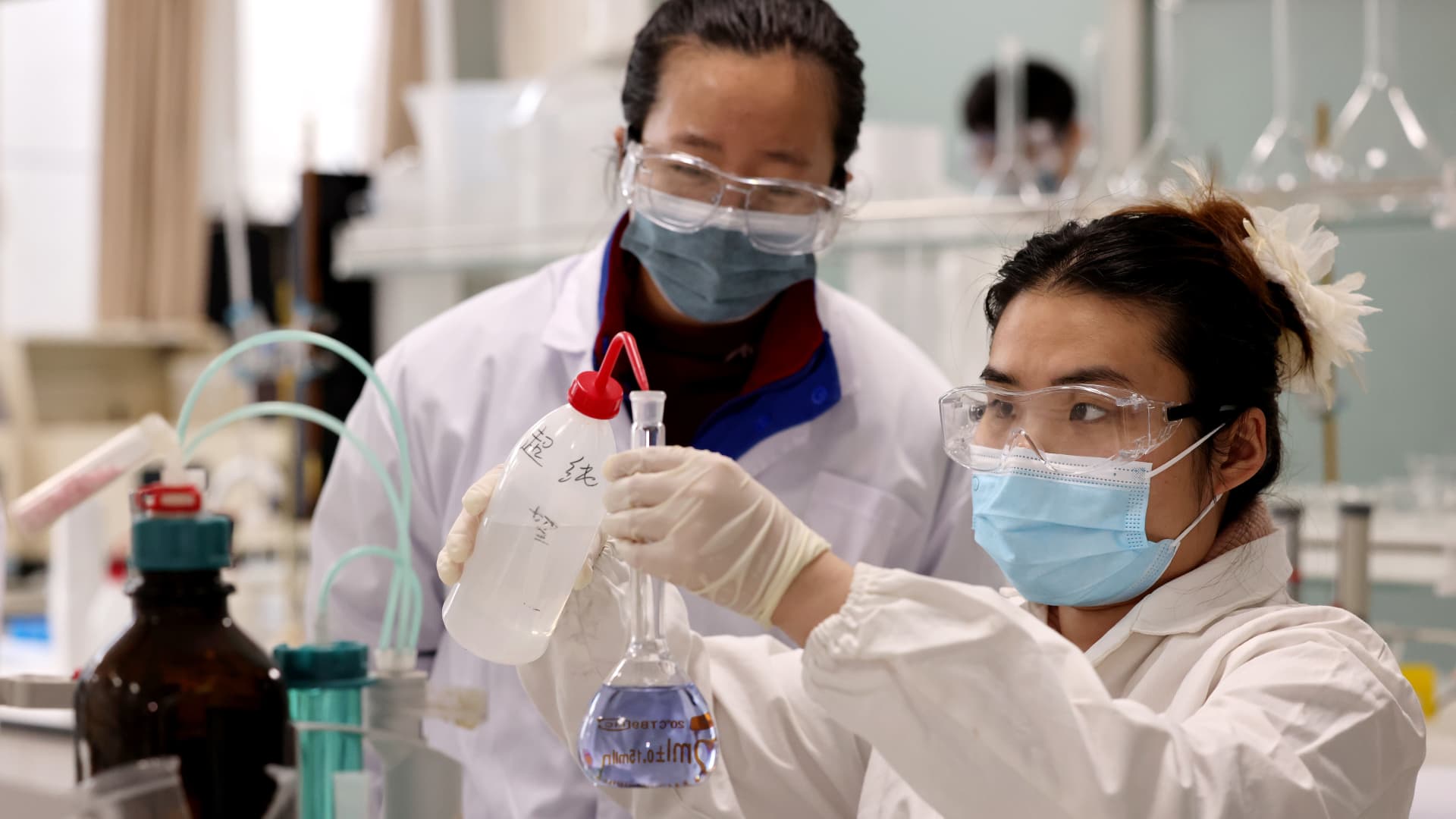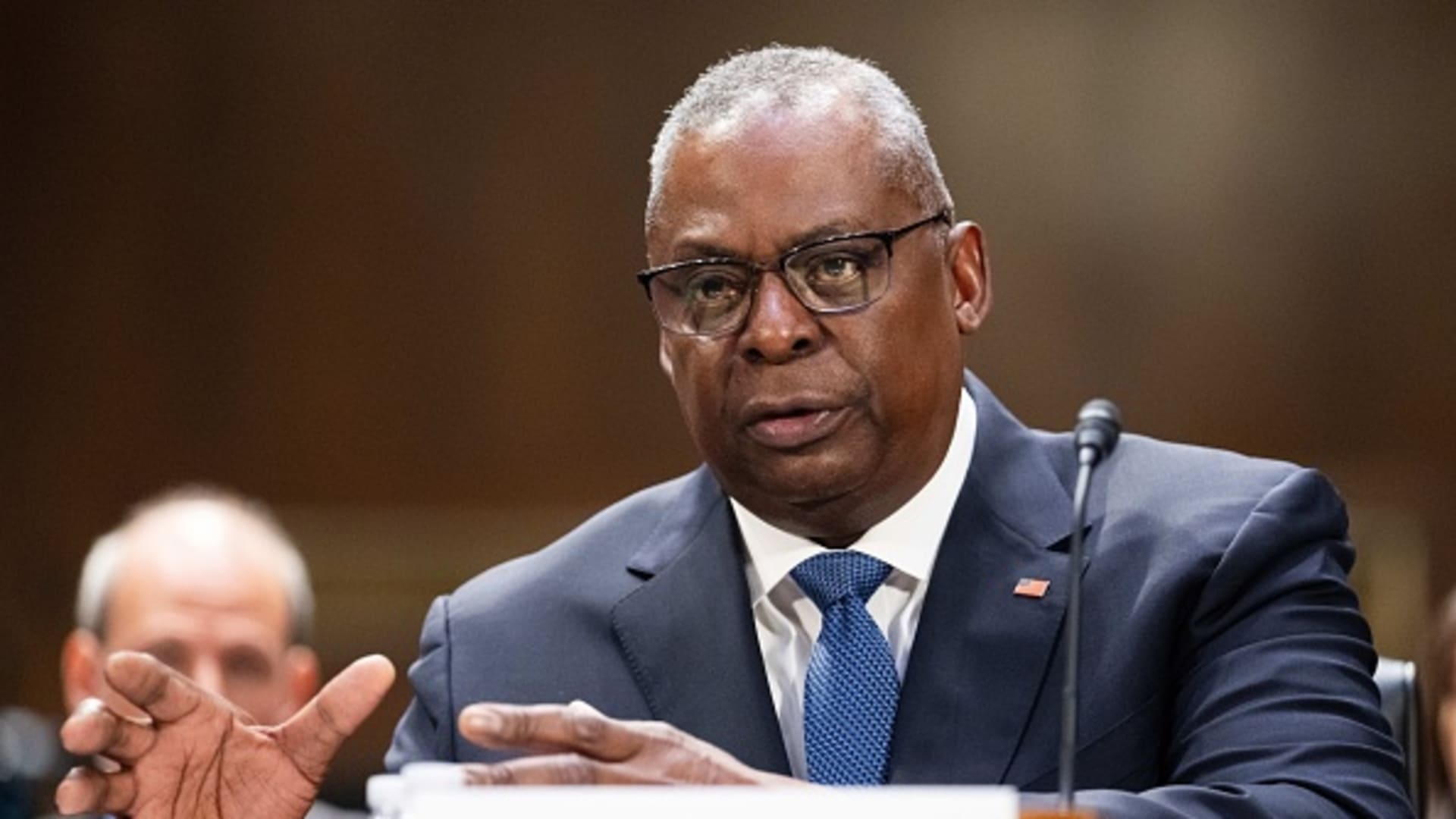The Lilly Biotechnology Center is shown in San Diego, California, USA, on March 1, 2023.
Mike Blake | Reuters
Eli Lilly on Wednesday missed profit and revenue expectations for the third quarter, weighed down by disappointing sales of its blockbuster weight-loss drug Zepbound and diabetes treatment Mounjaro, and cut its full-year adjusted profit guidance.
The company's shares closed more than 6% lower on Wednesday.
Eli Lilly now expects full-year adjusted earnings of between $13.02 and $13.52 per share, down from previous guidance of $16.10 to $16.60 per share. The drugmaker cited a $2.8 billion charge recorded during the third quarter related to its acquisition of intestinal disease drug maker Morphic Holding that hurt its results.
Eli Lilly also lowered the top end of its revenue outlook for the year and now expects sales of between $45.4 billion and $46 billion. The company's previous guidance called for revenue of up to $46.6 billion.
Here's what Eli Lilly reported for the period ended September 30 compared to what Wall Street expected, according to a survey of analysts by LSEG:
- Earnings per share: $1.18 adjusted vs. $1.47 expected
- Revenue: $11.44 billion vs. $12.11 billion expected
The September period was Zepbound's third full quarter in the US market after gaining approval from regulators almost a year ago. The weekly injection brought in $1.26 billion in sales during the period, below the $1.76 billion analysts expected, according to StreetAccount.
Meanwhile, Mounjaro posted revenue of $3.11 billion in the third quarter, more than double what it posted in the same period a year ago. But analysts expected $3.77 billion in sales for diabetes treatment, according to StreetAccount.
In an interview with CNBC, Eli Lilly CEO David Ricks said Zepbound and Mounjaro's third-quarter performance is “not a function of supply.” The company said sales of the drugs in the third quarter were negatively affected by decreased inventory among wholesalers.
Supply increases allowed Eli Lilly to meet outstanding orders from wholesalers in the second quarter, leading to increased Zepbound and Mounjaro inventory during the period. Those wholesalers took advantage of some of that existing stock in the third quarter instead of buying more from the company, which affected revenue for both treatments.
“We had a lot of inventory in the quarter. We had a lot less in the channel,” Ricks said. He also said underlying demand for Mounjaro and Zepbound remains strong.
Demand in the United States has far outstripped supply for Lilly's incretin drugs, such as Zepbound and Mounjaro, over the past year. Both treatments mimic certain gut hormones to reduce a person's appetite and regulate their blood sugar level.
The popularity of these injectable drugs has forced both Eli Lilly and Novo Nordisk to invest billions to increase manufacturing capacity for the treatments.
Eli Lilly's supply problems began to ease earlier this year. As of Wednesday, the Food and Drug Administration's drug database said all doses of Zepbound and Mounjaro are available in the United States after a prolonged shortage. Still, the agency warns that patients may not always be able to immediately fill their prescription for those medications at a particular pharmacy.
Ricks said the company delayed its plans to advertise and promote Zepbound because of customer service levels. He regretted that the pharmaceutical company will begin those efforts, which are expected to help boost demand, in November.
“When people go in and can't get their medications, they get very frustrated. They tell us that. So we didn't want to send more people to do that necessarily,” Ricks said.
Eli Lilly has said it expects incretin drug production in the second half of 2024 to be 50% higher than during the same period last year. And Ricks said Wednesday that the company expects “even greater” expansions in manufacturing capacity through the end of the year and 2025.
For the third quarter, Ely Lilly posted net income of $970.3 million, or $1.07 per share, compared with a net loss of $57.4 million, or 6 cents per share, during the third quarter. quarter of 2023.
Excluding one-time items associated with the value of intangible assets and other adjustments, Eli Lilly posted earnings of $1.18 per share for the most recent quarter.
Revenue increased 20% year over year to $11.44 billion.
The FDA's decision to remove tirzepatide, the active ingredient in Zepbound and Mounjaro, from its shortage list has drawn fierce opposition from pharmacies that make customized and sometimes cheaper alternatives to Eli Lilly's brand-name drugs. Compounding pharmacies are asking the FDA to reconsider its decision, as both Eli Lilly and Novo Nordisk try to crack down on unapproved versions of their best-selling drugs.
Ricks told CNBC that the company agrees with the FDA that Zepbound and Mounjaro are no longer in shortage, adding, “We have stock.” He said compounded versions of Eli Lilly's brand-name drugs are not regulated by the FDA, raising questions about their safety and effectiveness.

